The Sarnath tour was a serene and enlightening experience! Visiting the Dhamek Stupa and the Ashoka Pillar felt like stepping into history. The guide’s knowledge about Buddha’s first sermon and the significance of this sacred site made it truly special. A must-visit for anyone exploring Buddhist heritage!
- Home
- About Us
- International
- Africa
- America
- Asia
- Australia & New Zealand
- Europe
- Middle East
AfricaEgypt
Mauritius
Zimbabve
AmericaAsiaAustralia & New ZealandEuropeCentral and Eastern Europe
Highlights
Mediterranean Europe
Middle East - Domestic
- North India
- South India
- East and North East
- Rajasthan, West and Central
North IndiaDelhi
Himachal Pradesh
Uttarakhand
Amritsar
Chandigarh
Punjab & Haryana
Uttar Pradesh
South IndiaAndaman and Nicobar Islands
Kerela
Andhra Pradesh
Tamil Nadu
East and North EastAssam
Nagaland
Tripura
Meghalaya
Rajasthan, West and Central - Temple Darshan
- Group Booking
- Blogs
- Contact Us
Sights
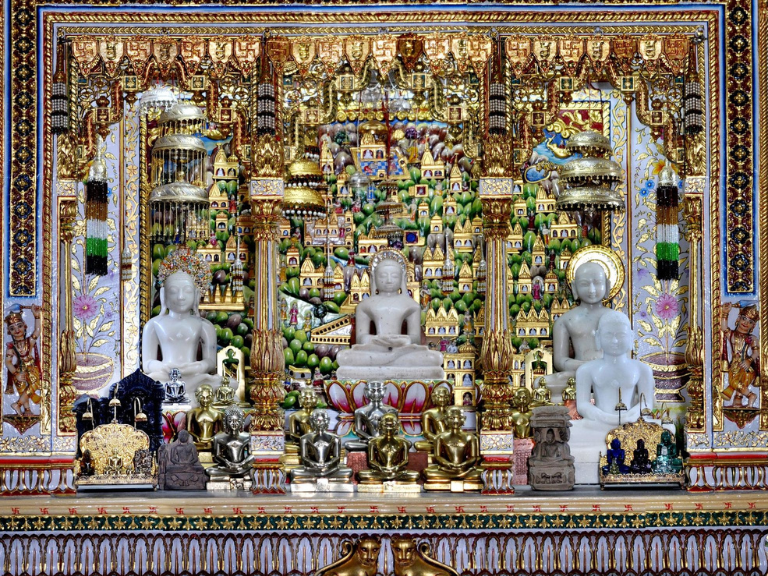
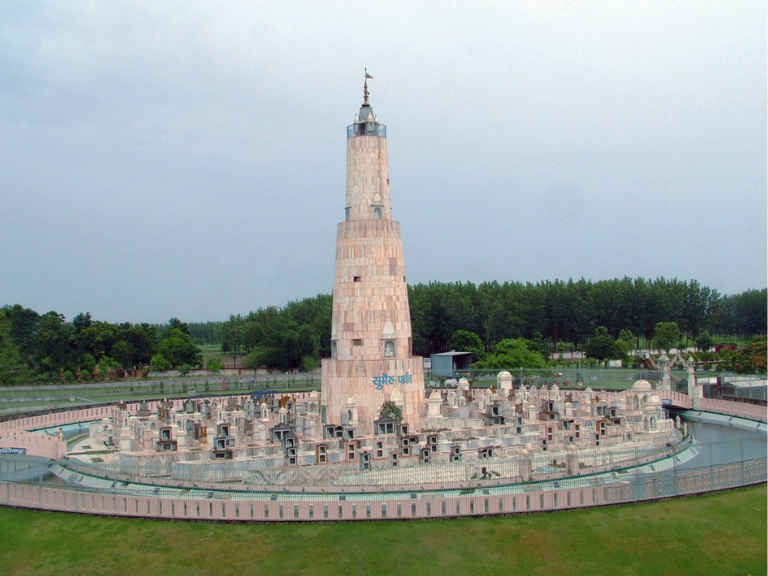
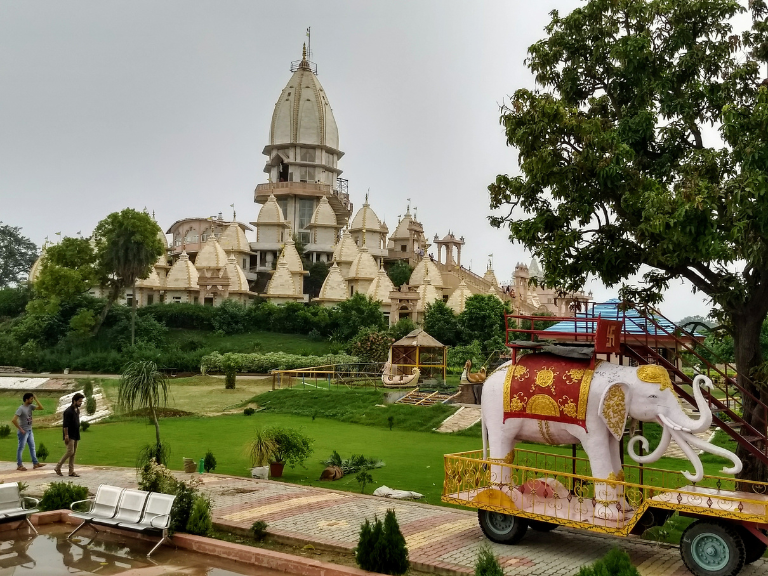

Explore Sarnath
Chicago is a major city in the United States, located in the state of Illinois. It is the third-largest city in the U.S. by population, after New York City and Los Angeles, with over 2.7 million residents. Chicago is situated along the southwestern shore of Lake Michigan, one of the Great Lakes, and is known for its significant cultural, economic, and historical contributions.
Places You'll See
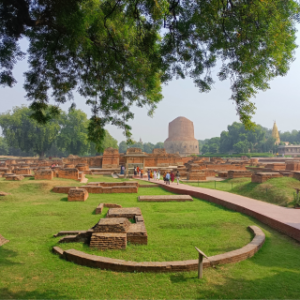
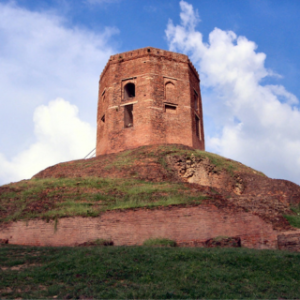


Tour Highlights
- Well planned Tour itinerary.
- Kitchen as per our own convenience.
- Best hotels through out the tour.
- Stay in destinations that have proper facilities like hospitals, Market.
- Our groups are scheduled back to back, which is very helpful.
Tour Itinerary
Sarnath Tour
Days Plan
Day 1: Arrival & Introduction to Sarnath
Morning:
- Arrival in Sarnath: Check into your hotel or guesthouse and freshen up.
- Breakfast: Start your day with a hearty breakfast of kachoris and jalebis at a local eatery in Varanasi or Sarnath.
- Dhamek Stupa: Begin your exploration with the Dhamek Stupa, a towering structure marking the spot where Buddha delivered his first sermon.
Afternoon:
- Chaukhandi Stupa: Visit the Chaukhandi Stupa, an important Buddhist monument surrounded by peaceful gardens.
- Lunch: Enjoy lunch at Sarnath Café, serving a mix of Indian and continental vegetarian dishes.
Night:
- Mulagandha Kuti Vihar Temple: Visit the Mulagandha Kuti Vihar, a modern Buddhist temple adorned with beautiful frescoes depicting the life of Buddha. Attend the evening prayers for a serene experience.
- Dinner: Relish a traditional vegetarian meal at Lotus Lounge Café near the temple.
Day 2: Buddhist Heritage & Cultural Sites
Morning:
- Ashoka Pillar: Start your day by exploring the Ashoka Pillar, a symbol of India's national emblem and a testament to Emperor Ashoka's contribution to Buddhism.
- Breakfast: Have a light breakfast at a nearby café or local eatery offering fresh poori-bhaji.
Afternoon:
- Sarnath Archaeological Museum: Spend time at the Sarnath Archaeological Museum, housing ancient artifacts, including the Lion Capital of Ashoka, sculptures, and relics from the Mauryan period.
- Lunch: Enjoy a relaxed lunch at Flavours Restaurant, offering North Indian and Chinese cuisine.
Night:
- Deer Park: Visit the Deer Park (Mrigdava), where Buddha meditated and taught his disciples. Take a quiet stroll to absorb the tranquil atmosphere.
- Dinner: Dine at Brown Bread Bakery, which offers organic and vegetarian options in a cozy ambiance.
Day 3: Spiritual & Nearby Exploration
Morning:
- Meditation at a Monastery: Start your day with meditation at one of Sarnath’s many monasteries, such as the Tibetan Temple or Thai Temple, for a spiritual retreat.
- Breakfast: Try breakfast at Open Hand Café, known for its wholesome options like pancakes, sandwiches, and fresh juices.
Afternoon:
- Japanese Temple and Garden: Visit the serene Japanese Temple and its adjoining garden, designed in traditional Japanese style.
- Lunch: Have lunch at Varuna Café, offering a mix of local and international cuisines.
Night:
- Evening Prayer Ceremony: Attend an evening prayer ceremony at the Burmese Buddhist Temple for a unique cultural and spiritual experience.
- Dinner: Enjoy dinner at The Green Garden Restaurant, known for its peaceful ambiance and fresh vegetarian dishes.
Day 4: Day Trip to Varanasi
Morning:
- Travel to Varanasi: Take a short trip to Varanasi (about 30 minutes by car).
- Breakfast: Begin your day with breakfast at Kashi Chaat Bhandar, famous for its street food like chaat and lassi.
- Kashi Vishwanath Temple: Visit the Kashi Vishwanath Temple, one of the most sacred Hindu temples dedicated to Lord Shiva.
Afternoon:
- Sarnath Return & Lunch: Return to Sarnath and have lunch at Itihaas Alley Kitchen, offering traditional North Indian and Mughlai dishes.
Night:
- Relax & Reflection: Spend the evening relaxing at your hotel or revisiting one of your favorite serene spots in Sarnath.
- Dinner: Have a quiet dinner at The Monk Café, known for its calming atmosphere and fusion dishes.
Day 5: Cultural Immersion & Exploration
Morning:
- Visit Nearby Villages: Explore nearby villages to experience the rural lifestyle and local traditions.
- Breakfast: Have breakfast at a roadside dhaba, experiencing authentic local food.
Afternoon:
- Ganga Boat Ride: Head to the Ganges for a calming boat ride. Though slightly outside Sarnath, this offers a unique connection to the spiritual essence of the region.
- Lunch: Enjoy lunch at Varanasi View Restaurant, which serves a range of local delicacies.
Night:
- Evening Shopping: Explore local markets for Buddhist souvenirs, books, and handicrafts.
- Dinner: Dine at Heritage Café, a popular spot for both locals and tourists.
Notes:
• 2 passport size photos
• Adult – Original + photocopy of any of the ID proof i.e. Aadhar Card / Driving Licence / Voters ID / Passport
• Child – Original + photocopy of any of the ID proof i.e. Aadhar Card / School ID / Passport
• Infant – Aadhar Card / Birth certificate
• NRI / Foreign nationals – Mandatory Passport + Valid Indian visa / OCI card / PIO card
• Above mentioned ID proof is mandatory at the time of booking and carry the same ID proof on tour as well
Sarnath,India
Tour Details
Hear from Our
Happy Travelers

Exploring Sarnath was a spiritual and peaceful journey! The ancient ruins, museums, and temples were captivating, and the guide provided insightful details about its connection to Buddhism. The calm atmosphere added to the charm. Highly recommend this tour for history and spirituality enthusiasts!
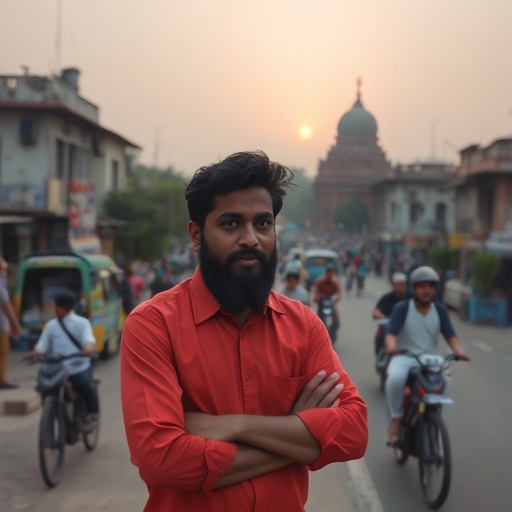
Best Time to Visit Sarnath
The ideal time to visit Sarnath is October to March, when the weather is pleasant and conducive to exploring the historical and spiritual sites.- Weather:
- Winter (October to March): Temperatures range from 8°C to 25°C (46°F to 77°F), making it comfortable for sightseeing.
- Summer (April to June): Summers are hot, with temperatures reaching 35°C to 45°C (95°F to 113°F), which can make travel tiring.
- Monsoon (July to September): The region experiences moderate rainfall, offering lush greenery but high humidity.
- Festivals:
- Buddha Purnima (April/May): Celebrated with grandeur, marking the birth, enlightenment, and death of Lord Buddha.
- Kathina Ceremony (October/November): A Buddhist festival where monks receive new robes.
How to Reach Sarnath
Sarnath is easily accessible due to its proximity to Varanasi, a major transportation hub.By Air
- Airport: The nearest airport is Lal Bahadur Shastri International Airport (VNS) in Varanasi, about 24 km (15 miles) away.
- Connectivity: Direct flights are available from cities like Delhi, Mumbai, and Kolkata.
By Train
- The nearest major railway station is Varanasi Junction (BSB), located about 10 km (6 miles) from Sarnath.
- From Varanasi, taxis and auto-rickshaws are easily available to reach Sarnath.
By Road
- Distance from Varanasi: Approximately 10 km (6 miles), about a 30-minute drive.
- Sarnath is well-connected by roads and can be accessed via buses, taxis, or auto-rickshaws from Varanasi.
Importance of Visiting Sarnath
Spiritual Significance
Sarnath is one of the four most important pilgrimage sites for Buddhists, as it is where Lord Buddha delivered his first sermon after attaining enlightenment.- Dhamek Stupa: A massive stupa marking the exact spot where Buddha gave his first sermon.
- Chaukhandi Stupa: A historical stupa built to commemorate Buddha’s meeting with his first disciples.
- Mulagandha Kuti Vihara: A modern temple housing beautiful frescoes and sacred relics of Lord Buddha.
Historical and Archaeological Importance
- Sarnath Archaeological Museum: Houses a rich collection of artifacts, including the famous Lion Capital of Ashoka, India’s national emblem.
- Ashoka Pillar: Erected by Emperor Ashoka, this pillar is an iconic symbol of Indian history and Buddhism.
Festivals and Cultural Highlights
- Buddha Purnima: The most significant festival in Sarnath, attracting devotees from across the globe for prayers and celebrations.
- Meditation Retreats: Sarnath offers opportunities for meditation and spiritual learning in its serene and sacred environment.
Food and Shopping
- Culinary Specialties: Enjoy traditional vegetarian meals and dishes influenced by Buddhist culture. Street food in nearby Varanasi offers a variety of options.
- Shopping: Purchase Buddhist artifacts, statues, and handicrafts from local shops and markets.
Personal Experience
Sarnath exudes peace and spirituality, offering visitors a chance to connect with the teachings of Lord Buddha. The tranquil surroundings, ancient stupas, and rich cultural heritage make it a must-visit destination for history buffs, spiritual seekers, and cultural enthusiasts.
Book Now and embark on your next unforgettable adventure
With our team of seasoned travel experts and local guides, we ensure that each trip is crafted to perfection, tailored to your preferences, and filled with unforgettable memories.



